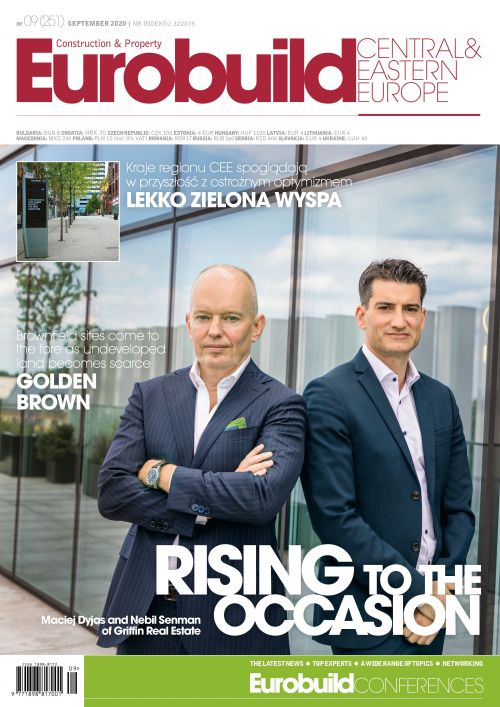Tomasz Cudowski, Eurobuild CEE: In what kind of mood has Hines come out from the epidemic freeze?
Wojciech Rumian, vice-president of the management board, Hines Polska: It’s difficult to say that we are now coming out of that situation. Unlike many who are predicting that the epidemic will quickly recede into memory, I believe that its effects will still be seen for a long time. This is to some extent going to alter our everyday lives and also our work lives are still being changed. Despite this we are looking at the market and actively working on a number of projects, which includes both acquisitions and constructing new buildings.
What was the biggest challenge for you during the lockdown?
In the first stage of the lockdown the most difficult thing was probably the need to switch to remote working – luckily these changes were helped to a large extent by the nature of our work and a number of software tools. After that we waited for how the market would react and any possible a





























































